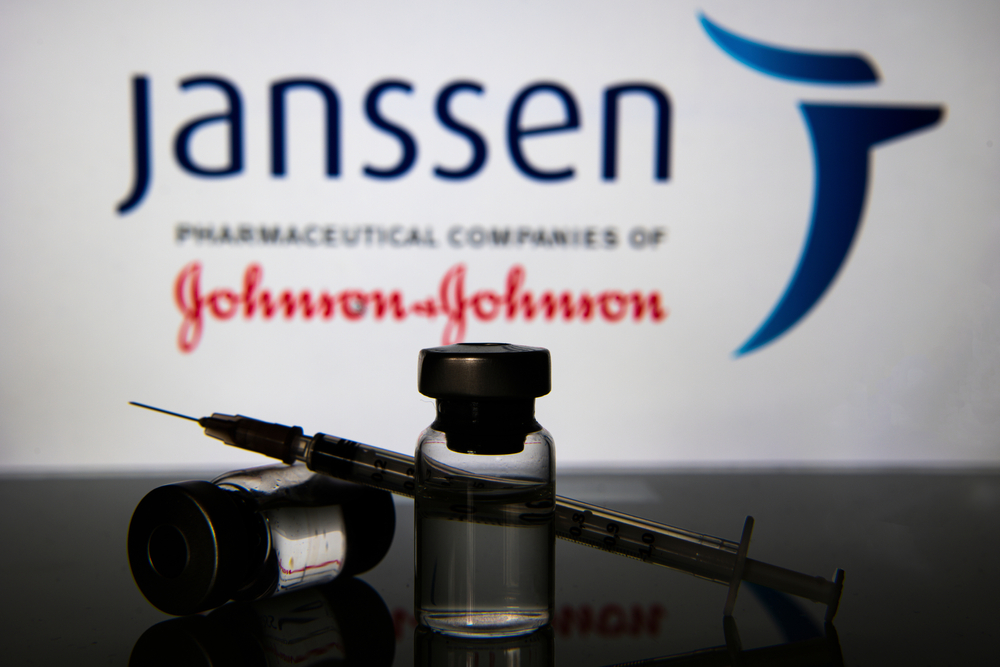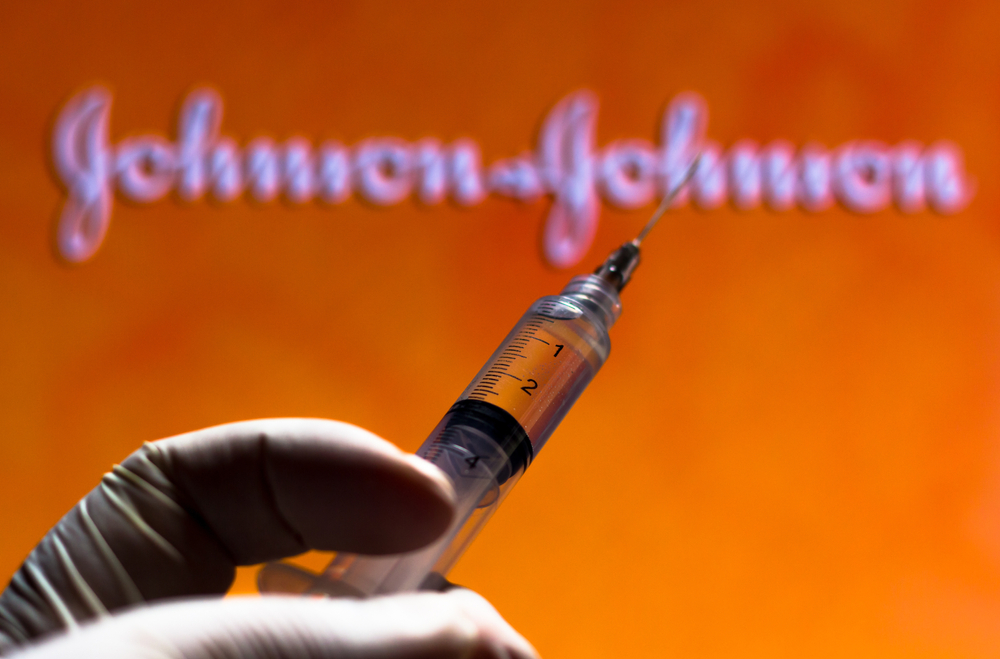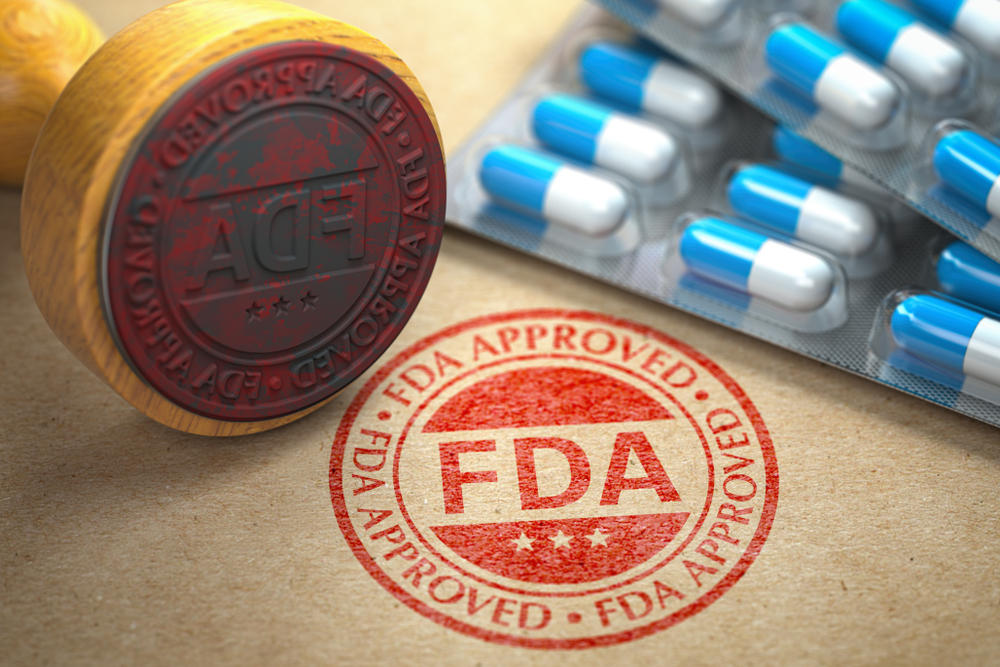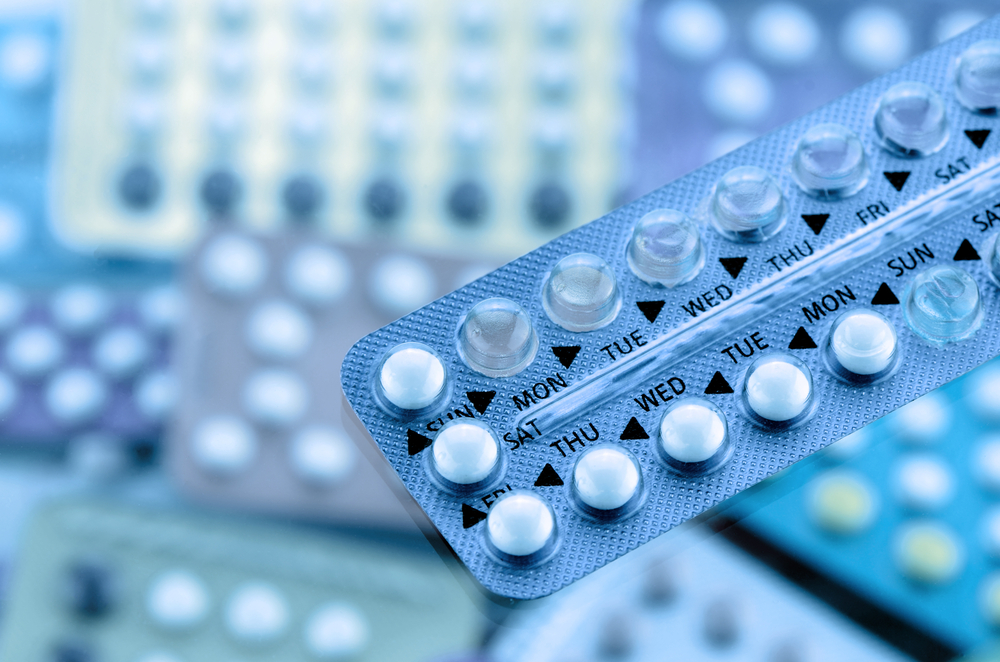On April 12, the Food and Drug Administration and the Centers for Disease Control met. They decided to put a pause on the distribution of the Johnson & Johnson vaccine due to the deaths of six women. A week and a half later (April 23rd), these two organizations lifted the pause after a lot of investigation. What happened to the Johnson & Johnson vaccine?
Over seven million people had taken the J&J vaccine, but when six women were hospitalized and died from blood clots mere weeks after taking the vaccine. To be safe, both the FDA and the CDC decided to investigate.
After looking at the data, they decided the vaccine was still safe for the public to use. That leaves a few questions unanswered though: what happened to those women, what are the risk factors of developing a blood clot, and should the public still consider Johnson & Johnson a viable vaccination option?
What Happened to the Johnson & Johnson Vaccine?
Not only did the women suffer from a rare type of blood clot a blood vessel [called cerebral venous sinus thrombosis (CVST)], they also suffered from low platelet levels (thrombocytopenia). According to the Vaccine Adverse Event Reporting System, there are a total of 15 cases of TTS reported. These rare adverse effects compounded on the six women.
These blood clots associated with the Johnson & Johnson vaccine cannot be treated with heparin, like other clots. That is why it is important to be vigilant if you have chosen the J&J vaccine.
Symptoms of a Blood Clot
According to the CDC, look out for the following symptoms for three weeks after receiving the vaccine:
- Severe or persistent headaches or blurred vision
- Shortness of breath
- Chest pain
- Leg swelling
- Persistent abdominal pain
- Easy bruising or tiny blood spots under the skin beyond the injection site
If any of these symptoms come up within the three weeks following taking the J&J vaccine, go to your doctor immediately.
Estimated Risk Factors of a Blood Clot
The risk of a blood clot due to this specific vaccine is roughly 1 to a million. Of course, these risks are dependent on your family history, but for the average person who has no history of blood clots in their family, the risk is minimal. This leads to the final question: should you choose the Johnson & Johnson vaccine?
Should You Get the Johnson & Johnson Vaccine?
The truth is the risk of severe consequences of suffering from a life-threatening disease like COVID far outweigh the risk of developing a blood clot. If these rare side effects concern you, consider opting for one of the other two available vaccines. That being said, taking the J&J vaccine is better than not taking any vaccines.
Get Vaccinated Today
The data states it is overly beneficial to get the vaccine to both you and the people around you, but at the end of the day, it is your choice whether to get the vaccine or not. We at PHC recommend being vaccinated for your own health and safety.
Contact us for more information on the COVID vaccine.




